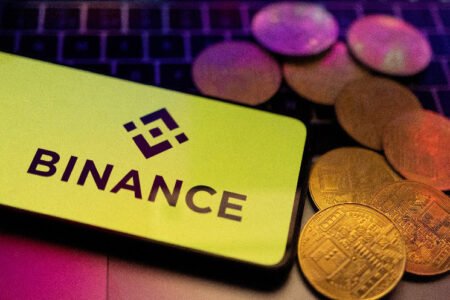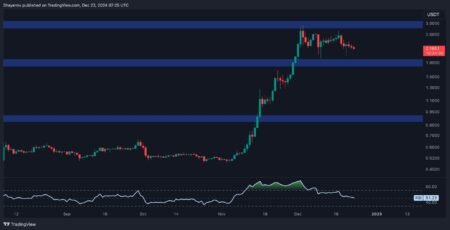Kim Nam-kook, a former Democratic Party member in South Korea, has been sentenced to six months in jail for concealing 10 billion won worth of cryptocurrency assets. The verdict was reached on Oct. 28, 2024, at Kim’s trial in the Southern District Court in Seoul. Kim was found guilty of converting some of his cryptocurrency holdings into bank accounts to match his claimed assets, while keeping the rest in cryptocurrency to obstruct an investigation by the National Assembly Ethics Committee.
This case has sparked a debate in South Korea about the transparency and accountability of government officials. Kim’s actions in concealing his cryptocurrency investments from 2021 and 2022 asset reports have raised concerns about the integrity of public servants. The estimated 10 billion won worth of cryptocurrencies held by Kim has drawn attention to the need for stricter asset disclosure laws and the ethical responsibilities of public officials when it comes to managing investments, especially in emerging financial markets like cryptocurrency.
The public outcry over Kim Nam-kook’s case reflects a growing demand for greater transparency and honesty in government. The South Korean public expects their elected officials to adhere to the highest standards of ethical conduct, and any breach of trust is met with harsh consequences. By sentencing Kim to jail time, the court has sent a strong message about the importance of accountability and integrity in public service.
The issue of cryptocurrency ownership by government officials is a sensitive topic in many countries, as the digital asset class is relatively new and regulations are still evolving. In South Korea, where cryptocurrency trading is popular, the case of Kim Nam-kook highlights the challenges of regulating this rapidly growing industry. The government will likely face increased pressure to establish clearer guidelines for public officials regarding cryptocurrency ownership and disclosure, in order to prevent future cases of misconduct.
The impact of Kim Nam-kook’s imprisonment goes beyond just one individual. It serves as a warning to other government officials about the consequences of dishonesty and deception. The case underscores the need for greater oversight and accountability in the public sector, particularly when it comes to financial matters. Moving forward, it is crucial for South Korea to establish stronger regulations and enforcement mechanisms to ensure that public officials are held to the highest ethical standards and are transparent about their financial holdings.
In conclusion, the sentencing of Kim Nam-kook for concealing 10 billion won worth of cryptocurrency assets marks a significant moment in South Korea’s ongoing efforts to enhance transparency and accountability in government. The case highlights the importance of ethical conduct and integrity among public officials, especially in the context of emerging financial markets like cryptocurrency. By addressing these issues head-on, South Korea can strengthen public trust in its institutions and ensure that government officials are held to the highest standards of honesty and accountability.



















